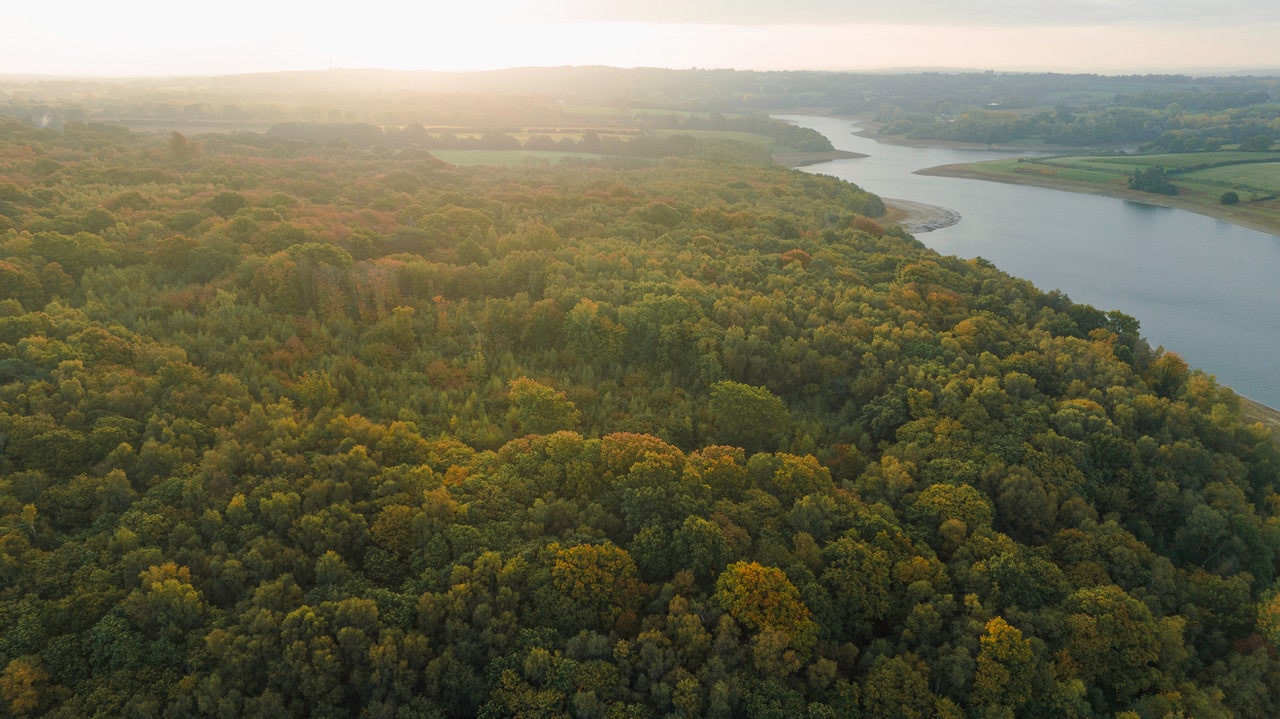Nestled in Lamberhurst in Kent, Bewl Water spans an impressive 800 acres of natural landscapes meticulously cared for by our dedicated team of Rangers. Guided by Estates Manager Dan Baker and Head Ranger Stan Jarvis, our team plays a pivotal role in safeguarding the largest reservoir in southeast England. Together, they have achieved fantastic results in environmental performance, estate maintenance, and enhancing the overall experience for our local community.
Delving into these developments and more, our brand new Rangers’ View blog provides insight into our ongoing projects. From supporting local water sports teams to biodiversity initiatives, stay informed about our latest projects every week, directly from the source!
Last month saw the RSPB Big Garden Birdwatch take place, with many birdwatchers continuing their exploration and conservation passion. The RSPB has actively engaged members of the public and conservationists alike to survey their gardens and surrounding areas for the past 40 years, collecting valuable data to monitor wildlife trends affected by environmental changes.
Caught up in the action, our team spotted a rare Grey Wagtail overlooking one of our ponds – it has a yellow breast, so the colour caught our eye at first!
As a species, the Grey Wagtail is naturally drawn to places like Bewl Water; however, what made this exciting is their rarity. With a population of just 38,000 in the UK, we felt privileged to see it with our own eyes.
Home to over two hundred bird species, Bewl Water serves as a long-term residence for many, attracting migrating birds on their routes across England.
In our continual commitment to preserving local wildlife, our team has introduced new nesting boxes strategically placed around Bewl Water’s woodlands, aiming to encourage increased activity in the upcoming seasons.
From the Grey Heron to the Kingfisher and Great Spotted Woodpecker, Bewl Water never disappoints! Bird watching is a popular hobby for people of any age, so be sure to bring your binoculars to see our feathered friends up close on your next visit!

